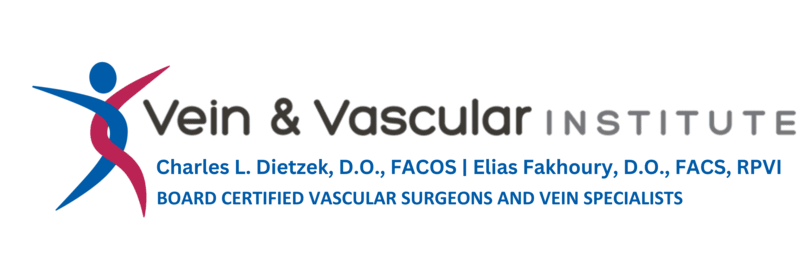Varicose veins can be a side effect of pregnancy and one of the many changes you may notice in your body at this time–but will you be stuck with them for life? Here’s everything you should know about pregnancy vein problems.
Table of Contents
ToggleWhy Do Varicose Veins Show Up During Pregnancy?
Hormonal changes are perhaps the best-known reasons for varicose veins while pregnant. Here are other causes that make these vein issues show up at this particular time in your life:
- Extra blood supply: You actually have more blood circulating through your veins while pregnant. This can place extra stress on vascular valves.
- Extra body weight: Extra weight equals more pressure that can constrict veins.
- Pressure from uterus growth: The position of the growing uterus in the pelvic area impedes blood flow through the inferior vena cava from the lower legs up to the heart.
- Hormones: Specifically, extra progestin in the body when you’re pregnant dilates (widens or opens) the veins. Of course, hormonal fluctuations throughout life can bring on vein issues, including puberty, future pregnancy, breastfeeding, and menopause. In addition, hormonal changes from medications such as birth control pills, IUD, etc., HRT (hormone replacement therapy), and fertility treatments can all contribute to the formation of vein problems throughout your life as a woman.
Pregnancy Vascular Problems: Permanent or Fleeting?
Since many of the above pregnancy conditions (like uterus size and weight) will return to normal post-pregnancy, your newly arrived varicose veins may also disappear. However, if you have a genetic tendency to develop vascular issues, that tendency never disappears. This may mean your varicose veins may require treatment to banish them. In addition, hormonal fluctuations will continue during your life, especially as you age or if you become pregnant again. These issues may also lead to the recurrence of varicose veins throughout over time. Vein walls and valves may also weaken purely due to aging. Many women see a recurrence of discolored, bulging, and sometimes painful varicose veins after age 40 and/or during menopause.
Wait and See, Then Get Expert Vein Treatment
For most women, the only way to find out if varicose veins are just a temporary occurrence, is to wait and see. If your varicose veins are still present a few months after you give birth to your new baby, be sure to visit your local vein clinic for quick, nearly painless vein treatments. You may need to return for further treatment should future varicose veins pop up. There is no need to let vein problems trouble you, because your local vein specialist is always here with multiple options to treat problem veins with no downtime.
Contact Dr. Charles Dietzek and his team at the Vein & Vascular Institute of New Jersey for post-pregnancy treatment of your varicose veins.
